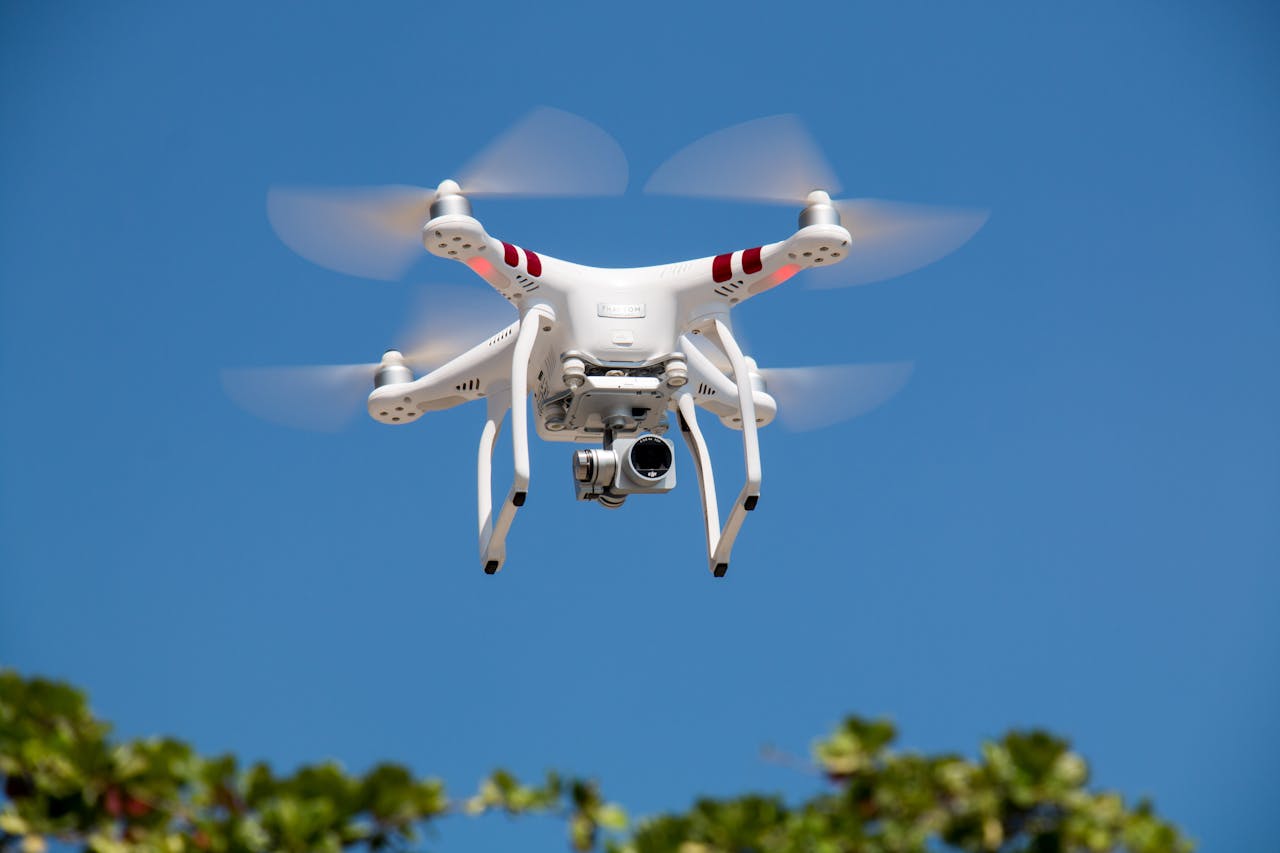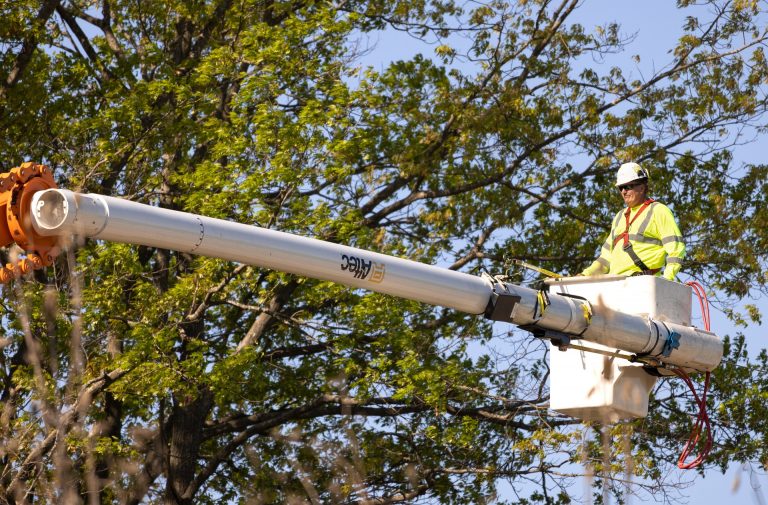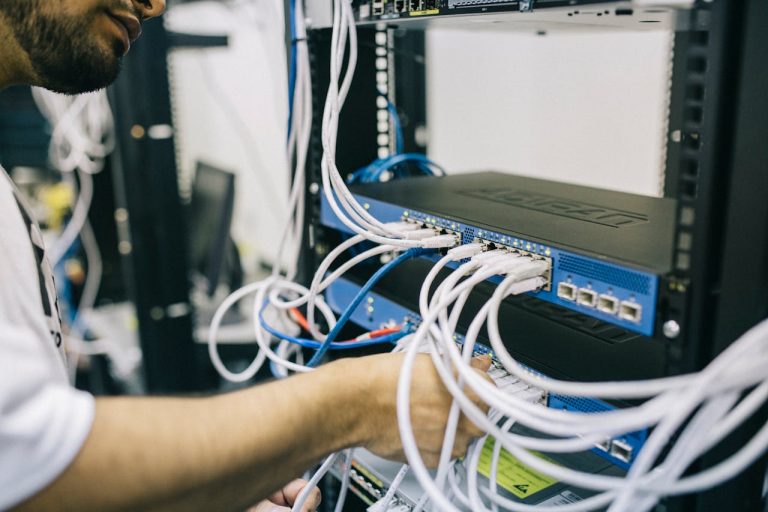In the fast-paced world of construction and property management, staying ahead with cutting-edge technology is crucial. One area where technology is making significant inroads is in roof surveys. Traditionally a labour-intensive and potentially hazardous task, roof surveys are now being transformed by the use of drones. This blog explores how drones are revolutionising the way roofing contractors, real estate developers, and building inspectors conduct roof assessments.
Enhancing Safety and Efficiency
The primary advantage of utilising drone roof surveys is the significant improvement in safety. Traditional roof inspections often involve workers navigating dangerous heights, increasing the risk of accidents and injuries. Drones eliminate the need for such risky practices by providing a safe and reliable alternative. With a drone, inspectors can capture detailed imagery of rooftops without leaving the ground, thus mitigating the inherent dangers associated with manual inspections.
In addition to safety, drones offer unparalleled efficiency. Covering large roof areas swiftly, they reduce the time taken to complete surveys and, consequently, lower costs. A task that could take several hours, if not days, can now be accomplished in a fraction of the time. This efficiency allows roofing professionals to undertake more projects without compromising quality.
Precision in Data Collection
Drones are equipped with advanced cameras that provide high-resolution images and thermal scans, offering a level of detail that is hard to achieve with traditional methods. This precise data collection enables better decision-making, as roofing contractors and building inspectors can analyse the images to detect potential issues early on. Identifying problems such as leaks, insulation deficiencies, and structural anomalies becomes much more straightforward, allowing for proactive maintenance and significant cost savings on repairs in the long term.
Furthermore, drones can access areas that are difficult to reach manually. Steep roofs or those with complex designs pose no challenge to drones, ensuring comprehensive surveys are conducted without missing critical regions.
Addressing Challenges
While drones offer numerous benefits, their use in roof surveys is not without challenges. Legal and regulatory compliance is a significant consideration. Operators must adhere to airspace restrictions and obtain the necessary licences to operate drones legally. Weather is another factor that can impact drone operations. Windy or rainy conditions can hinder drone performance, requiring careful planning and scheduling.
Battery life and range limitations are additional considerations. Larger areas may necessitate multiple flights or frequent recharges, potentially affecting the efficiency of surveys. Privacy concerns also arise, as drones capture images and video footage of the surrounding environment, including neighbouring properties. It’s essential for operators to be mindful of these concerns and address them appropriately.
Benefits for the Industry
Despite these challenges, the advantages drones bring to the table make them a valuable asset for roofing contractors, real estate developers, and building inspectors. They offer a safer and more efficient way to conduct surveys, with the potential for significant savings in both time and costs. Their ability to collect detailed, accurate data enhances decision-making, leading to better maintenance practices and prolonging the lifespan of roofing structures.
By integrating drones into their workflow, professionals in the industry can differentiate themselves by offering innovative, technology-driven services that provide superior value to clients. The forward-thinking approach not only improves operational efficiency but also positions businesses as leaders in adopting cutting-edge solutions.
Conclusion
The adoption of drones in roof surveys is reshaping how the industry conducts assessments. Their contributions to worker safety, precision in data collection, and operational efficiency are undeniable. While challenges exist, they are outweighed by the benefits, making drone technology an indispensable tool for those in the roofing and property sectors. For businesses seeking to gain a competitive edge, integrating drones into their survey processes is a strategic step forward.




